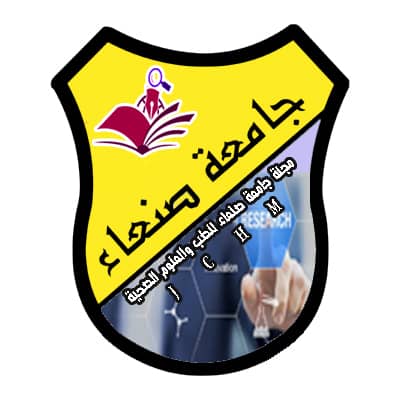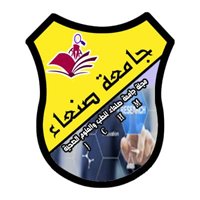Association between Chewing Khat (Catha edulis) and Hematological Indices and Helicobacter pylori Infection and Blood Loss in the Gastrointestinal Tract of Yemeni Chewers.
Main Article Content
Abstract
Background: The available data on the effect of Khat chewing on hematological indices are conflicted and mainly based on animal studies. The aim of this study was therefore to investigate the effect of Khat chewing on hematological indices in humans as well as the possible association of Khat chewing with H. pylori infection and blood loss in the gastrointestinal tract.
Patients and Methods: This study was a comparative cross-sectional study, carried out on 140 participants aged 18 - 55 years old; 71 were healthy non-Khat chewers serving as a control group and 69 were regular Khat chewers. Complete blood count was analyzed as well as H. pylori antigen and occult blood in stool were investigated.
Results: Hemoglobin concentration, MCV, MCH, and PCV were significantly (p = 0.037, 0.034, 0.043, and 0.019 respectively) lower in Khat chewers as compared with non-Khat chewers, whereas platelets count and white blood cells count were significantly (p = 0.006 and 0.007 respectively) higher in Khat chewers. Khat chewing was also associated with H. Pylori infection (OR: 2.7) and blood loss in the gastrointestinal tract (OR: 3.2).
Conclusion: Khat chewing adversely affects hematological indices and increases the risk of H. Pylori infection and blood loss in the gastrointestinal tract.
Downloads
Article Details

This work is licensed under a Creative Commons Attribution-NonCommercial-NoDerivatives 4.0 International License.

